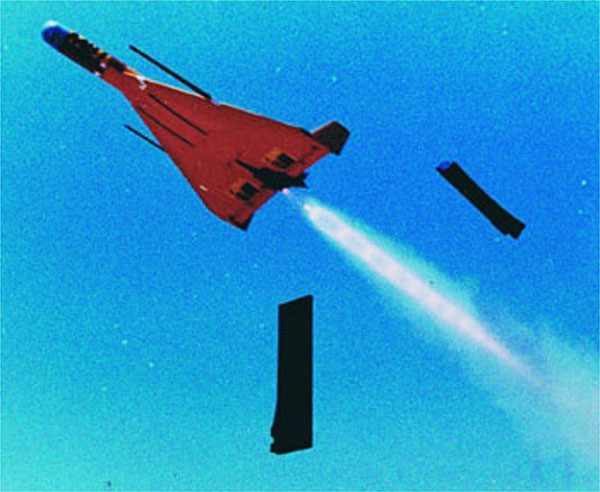Israeli getting ready to attack Iran?

18.04.2009 14:54 GMT+04:00
/PanARMENIAN.Net/ The Israeli military is preparing itself to launch a massive aerial assault on Iran's nuclear facilities within days of being given the go-ahead by its new government.
Among the steps taken to ready Israeli forces for what would be a risky raid requiring pinpoint aerial strikes are the acquisition of three Airborne Warning and Control (AWAC) aircraft and regional missions to simulate the attack.
Two nationwide civil defense drills will help to prepare the public for the retaliation that Israel could face.
“Israel wants to know that if its forces were given the green light they could strike at Iran in a matter of days, even hours. They are making preparations on every level for this eventuality. The message to Iran is that the threat is not just words,” one senior defense official said
Officials believe that Israel could be required to hit more than a dozen targets, including moving convoys. The sites include Natanz, where thousands of centrifuges produce enriched uranium; Esfahan, where 250 tonnes of gas is stored in tunnels; and Arak, where a heavy water reactor produces plutonium.
The distance from Israel to at least one of the sites is more than 870 miles, a distance that the Israeli force practised covering in a training exercise last year that involved F15 and F16 jets, helicopters and refueling tankers.
The possible Israeli strike on Iran has drawn comparisons to its attack on the Osirak nuclear facility near Baghdad in 1981. That strike, which destroyed the facility in under 100 seconds, was completed without Israeli losses and checked Iraqi ambitions for a nuclear weapons program.
“We would not make the threat [against Iran] without the force to back it. There has been a recent move, a number of on-the-ground preparations, that indicate Israel's willingness to act,” said another official from Israel's intelligence community.
He added that it was unlikely that Israel would carry out the attack without receiving at least tacit approval from America, which has struck a more reconciliatory tone in dealing with Iran under its new administration.
An Israeli attack on Iran would entail flying over Jordanian and Iraqi airspace, where US forces have a strong presence.
Ephraim Kam, the deputy director of the Institute for National Security Studies, said it was unlikely that the Americans would approve an attack.
“The American defense establishment is unsure that the operation will be successful. And the results of the operation would only delay Iran's program by two to four years,” he said.
A visit by President Obama to Israel in June is expected to coincide with the national elections in Iran - timing that would allow the US Administration to re-evaluate diplomatic resolutions with Iran before hearing the Israeli position.
“Many of the leaks or statements made by Israeli leaders and military commanders are meant for deterrence. The message is that if [the international community] is unable to solve the problem they need to take into account that we will solve it our way,” Mr Kam said.
Among recent preparations by the airforce was the Israeli attack of a weapons convoy in Sudan bound for militants in the Gaza Strip.
“Sudan was practice for the Israeli forces on a long-range attack,” Ronen Bergman, the author of The Secret War with Iran, said. “They wanted to see how they handled the transfer of information, hitting a moving target ... In that sense it was a rehearsal.”
Israel has made public its intention to hold the largest-ever nationwide drill next month.
Colonel Hilik Sofer told Haaretz, a daily Israeli newspaper, that the drill would “train for a reality in which during war missiles can fall on any part of the country without warning ... We want the citizens to understand that war can happen tomorrow morning”.
Israel will conduct an exercise with US forces to test the ability of Arrow, its US-funded missile defense system. The exercise would test whether the system could intercept missiles launched at Israel.
“Israel has made it clear that it will not tolerate the threat of a nuclear Iran. According to Israeli Intelligence they will have the bomb within two years ... Once they have a bomb it will be too late, and Israel will have no choice to strike - with or without America,” an official from the Israeli Defense Ministry said, The Times reported.






Leave a comment: